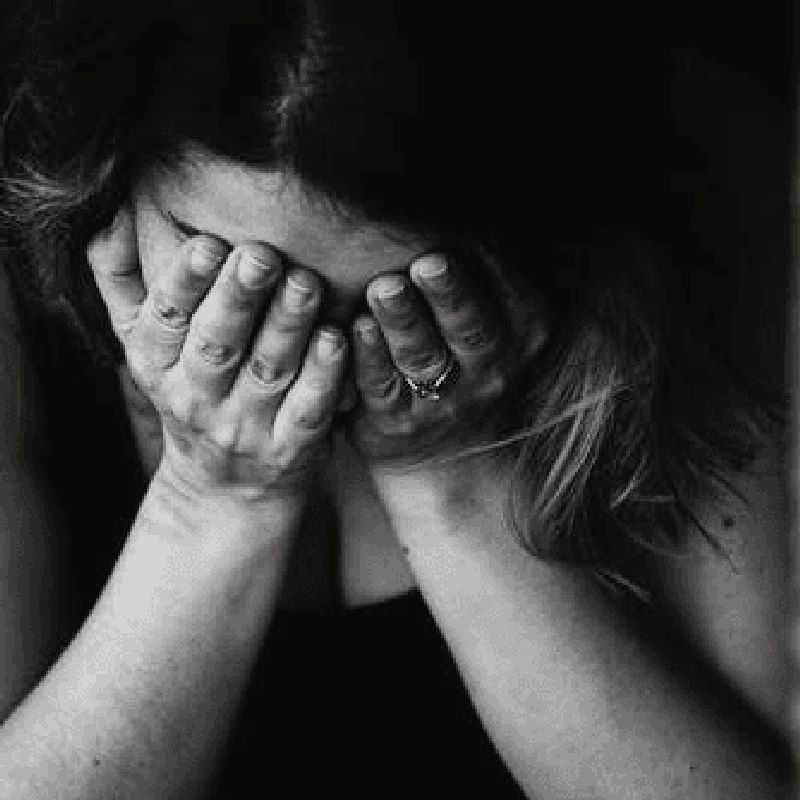Grieve your loss and learn how to continue living
Grief is the opening up to the exquisite pain of absence
Maria Shriver

Grief is a natural response to loss. It’s the emotional suffering you feel when something or someone you love is taken away. Often, the pain of loss can feel overwhelming. You may experience all kinds of difficult and unexpected emotions ─ shock, anger, disbelief, guilt, and profound sadness. The pain of grief can also disrupt your physical health, making it difficult to sleep, eat, or think straight. These reactions are expected after a loss, and the more significant the loss, the more intense your grief will be.
Coping with a loss is one of life’s biggest challenges, and it’s crucial to grieve your losses, no matter how big or small they may seem. Although losing a loved one to death is likely the most brutal loss to suffer, a loss can also be experienced after:
· Divorce
· Losing a job
· Losing a limb due to an accident
· Losing a child
· Losing a parent
· Loss of financial security
· Death of a pet
· Loss of a dream
· Loss of health
· Loss of innocence
· Loss of safety
· Loss of a familiar environment
Whatever loss you’re grieving, you shouldn’t feel guilty or ashamed about your emotions and feelings. Everyone has their own journey, and if someone or something had significant meaning to you, it’s essential to grieve as long as you need.
Grief is an individual and personal journey, and there is no right or wrong way to do it. Different factors can influence grief, including your personality and coping style, life experience, faith, and how significant the loss was. Grieving takes time, and the healing process can’t be forced or hurried. Some people can work through their grief within weeks or months, while it can take years for others. Just be patient with yourself and allow yourself to work gradually through the stages of grief.
Although there are various grief models, the most renowned is the Kübler-Ross model created by Elisabeth Kübler-Ross in 1969. With this model, Kübler-Ross examines the five most common emotional reactions to loss:
· Denial
· Anger
· Bargaining
· Depression
· Acceptance
David Kessler added a sixth stage, namely finding meaning in the loss. However, it’s essential to know that not everyone goes through all six steps in this order. Grief is unique and messy, and some people may only experience two or three of the stages or jump back and forth between the stages. Grief can be an emotional rollercoaster, and sometimes you may feel like you’re going crazy, but that is all part of the grieving process.
“These stages were never meant to help tuck messy emotions into neat packages. Many people have responses to loss, but there is no typical response to loss, as there is no typical loss. Our grief is as individual as our lives.” (Kübler-Ross & Kessler, 2004)
I have experience in helping individuals understand their grief and find meaning in their loss. Some of my experiences include:
· The loss of a loved one through death
· The loss of a loved one through divorce
· The loss of security through divorce
· The loss of power, a voice and innocence through sexual assault
· Job loss
